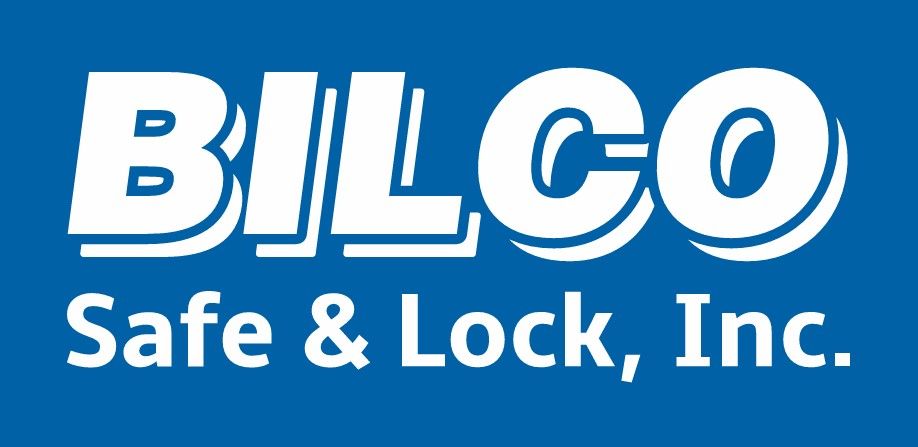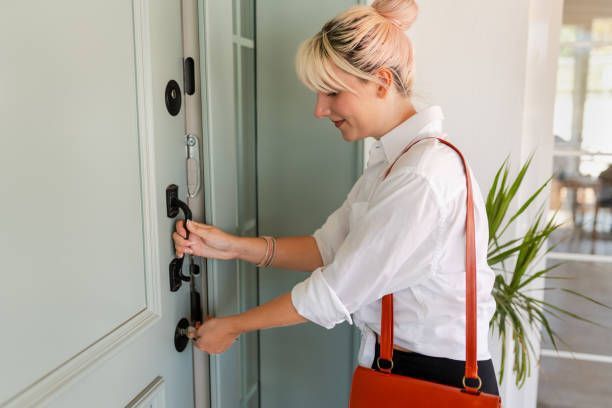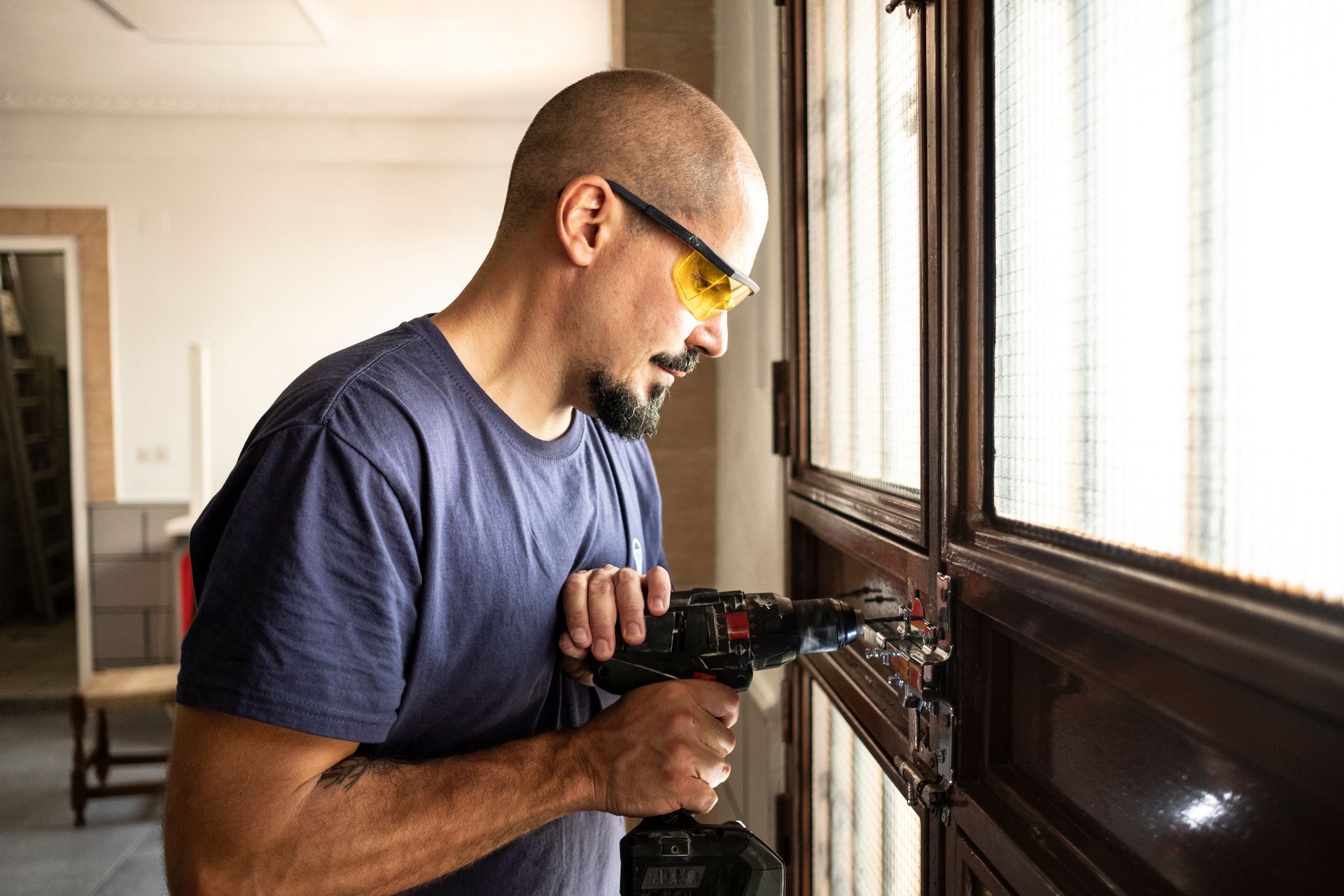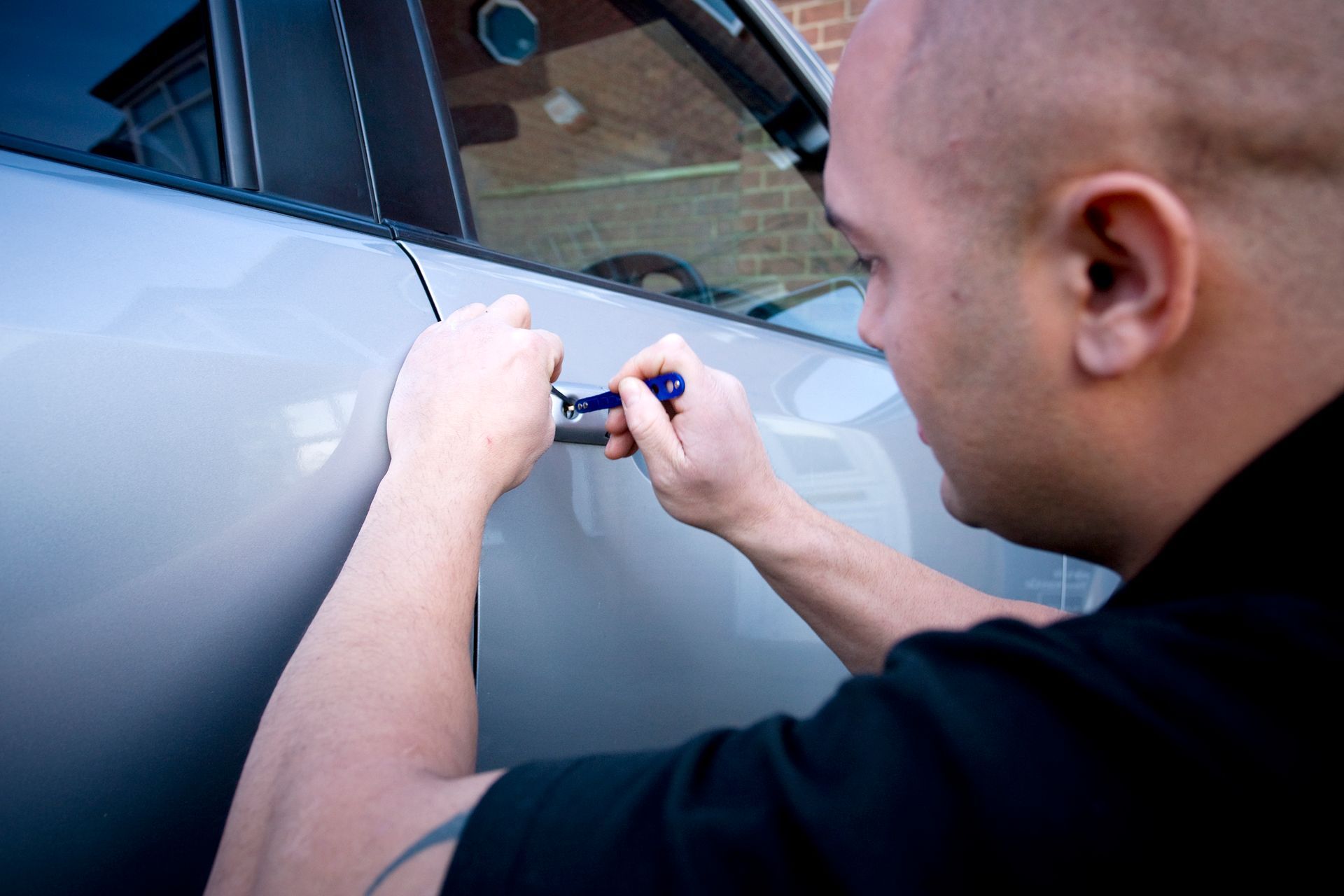Car Lockout Help: Local Guide to Locks for American Fork, UT

You step out of the grocery store, or you’ve just finished a long day at work, and then it hits you—the keys are inside, the doors are deadbolted, and your fob isn’t responding. Car lockout scenarios can feel overwhelming in the moment. Serving the community is personal for Bilco Safe & Lock, Inc., and when you need locks for American Fork, UT, you want clear, calm steps to follow right away. This local guide gives you practical actions, explains when DIY methods make sense, and helps you recognize the precise moment it’s time to call a professional so you can get back on the road quickly and safely.
Car Lockout for American Fork, UT: Immediate Steps
Before panic sets in, here’s a clear plan you can follow that reduces risk, saves time, and avoids damage to your vehicle.
- Stay safe and visible: If you’re in a busy parking lot, put on hazard lights and stand in a spot where you can watch the vehicle but remain out of traffic. At night, position yourself under lights or near an entrance to improve visibility and safety. Avoid secluded areas, and consider calling a friend to wait with you.
- Check every door and hatch: Modern vehicles sometimes leave one door unlocked even when others seem secure. Gently test each door and the trunk; some models allow entry through the hatch, which can make retrieving your automotive keys easier. Don’t pull aggressively—gentle pressure helps avoid damage to door seals and locks.
- Try the mechanical key inside your fob: Many key fobs have a hidden mechanical key tucked inside. Look for a release button or sliding latch on your fob and test the driver’s side door. This small, built-in backup can bypass some electronic issues and engage the locking mechanism directly.
- Use your vehicle app or telematics: Some automakers offer smartphone apps capable of remote unlocks. If you’ve registered your vehicle, try the app from a safe spot. In Utah’s colder months, battery performance can drop, and apps can be your lifeline when your fob won’t wake your car’s locks.
- Call roadside assistance if you have coverage: Auto clubs and insurance add-ons often provide unlock services. Let the operator know your make, model, and whether your car uses a transponder key or proximity key so the technician arrives prepared to work with modern locking.
- Do not break glass: Breaking a window risks severe injury, creates costly repairs, and may trigger alarm systems. Crystal-clear thinking beats a shattered pane—focus on safe options that preserve your door seals, electronics, and locks.
Understanding Your Vehicle Locks
Not all vehicle entry systems work the same, and knowing your setup helps you choose the safest and fastest path back into the driver’s seat.
- Traditional mechanical locking: Older vehicles rely on a physical key and cylinder. These systems can often be opened with professional tools without damaging the components. If your car has this classic locking mechanism, a trained technician can manipulate the latch safely.
- Transponder keys and proximity fobs: Most modern cars use a chip-enabled key or a proximity fob. The car’s computer authenticates the signal before unlocking. If your transponder fails or your fob battery dies, mechanical backups may work, but many models hide the key slot behind a trim cover. Avoid forcing panels or prying near sensors; these areas protect sensitive electronics and locks.
- Deadlocks and double-locking: Some cars engage deeper security when locked from the fob. This mode can disable internal handles to prevent entry from inside. If deadlocks are active, DIY attempts become more complex, and it’s best to call a professional who knows how to handle advanced locking safely.
- Alarm integration: Integrated alarms connect to the door status and locking. Disturbing wiring or triggers can disable starting systems or immobilizers. Skilled technicians understand how alarms interact with locks, ensuring you can drive after entry, not just open the door.
Car Lockout: Why It Happens and How to Prevent It
A second lockout in a short period can be frustrating, but it often points to patterns you can change immediately. If you’ve experienced a car lockout after rushing from errands or juggling kids’ schedules, the culprit is often routine disruption. Build a consistent “key check” habit: before you close the door, touch the keys or fob and confirm you have them. This single action helps mitigate recurring issues with locks that stem from muscle memory gone wrong.
Another common cause of car lockout is battery performance and weather. Utah’s temperature swings can drain key fob power faster than expected. Keep fresh fob batteries in your glove box or wallet and schedule a fob battery change every six months. If you’ve suffered a car lockout twice in one season, your fob may also be loose internally; consider replacing the housing or consulting a professional who can test signal strength and advise on modern locks.
When to Call a Professional
There’s a point when DIY stops making sense. Serving American Fork, UT, professionals understand local weather patterns, neighborhood dynamics, and the intricacies of late-model vehicles.
Call a pro if:
- You have a modern transponder or proximity key: Advanced authentication systems can be finicky, and an expert ensures the car’s computer, alarm, and locks stay intact.
- The lock mechanism is frozen: Ice can bind pins, seals, and latches. Using the wrong de-icer or force can crack housings or tear weatherstripping. Trained technicians defrost and protect locking without collateral damage.
- You’re stranded at night or in a high-traffic area: Safety comes first. A professional arrives with lighting, tools, and procedures designed for quick, controlled access to locking systems in less-than-ideal conditions.
- You’ve tried basic steps and nothing works: Prolonged attempts can stress door frames or sensors. At this stage, a technician’s precision protects locks and saves you money on repairs.
DIY Techniques That Won’t Damage Your Car
When you’re certain your vehicle doesn’t use deadlocks and you have a traditional cylinder, there are cautious approaches to consider:
- Fob battery swap: If your fob uses a coin cell, and you have a spare, swap it and retry. Weak batteries often masquerade as stubborn locking mechanisms, and this simple fix can resolve the issue instantly.
- Mechanical key slot access: Some modern handles have a removable trim cover hiding the key slot. If the cover is designed to pop off gently, consult your owner’s manual to avoid scratching paint or disrupting sensors—then use the mechanical key to engage the locks.
- Avoid wedges and coat hangers: Improvised tools can deform door frames, compromise weather seals, and misalign linkages connected to lock systems. Many vehicles now feature shielded rods and anti-tamper panels; pushing around these components risks costly repairs.
Cold Weather Lockouts and Frozen Lock Mechanisms
Utah winters challenge even well-maintained cars. Moisture in the cylinder or latch can freeze, preventing movement of tiny internal components.
Here’s how to respond:
- Warm the fob and key: Cold batteries drop voltage. Cup the fob in your hands or place it in a warm pocket for a few minutes before trying again; sometimes the locks respond once the signal stabilizes.
- Use approved de-icer, not hot water: Hot water can shock cold glass and paint, creating micro-cracks and ice buildup elsewhere. An approved de-icer targets the cylinder without damaging seals or nearby components, protecting your lock systems.
- Keep silicone spray on hand:
A light silicone-based lubricant, applied correctly to seals and weatherstripping, discourages moisture accumulation. Always prevent overspray into electrical areas near your locks.
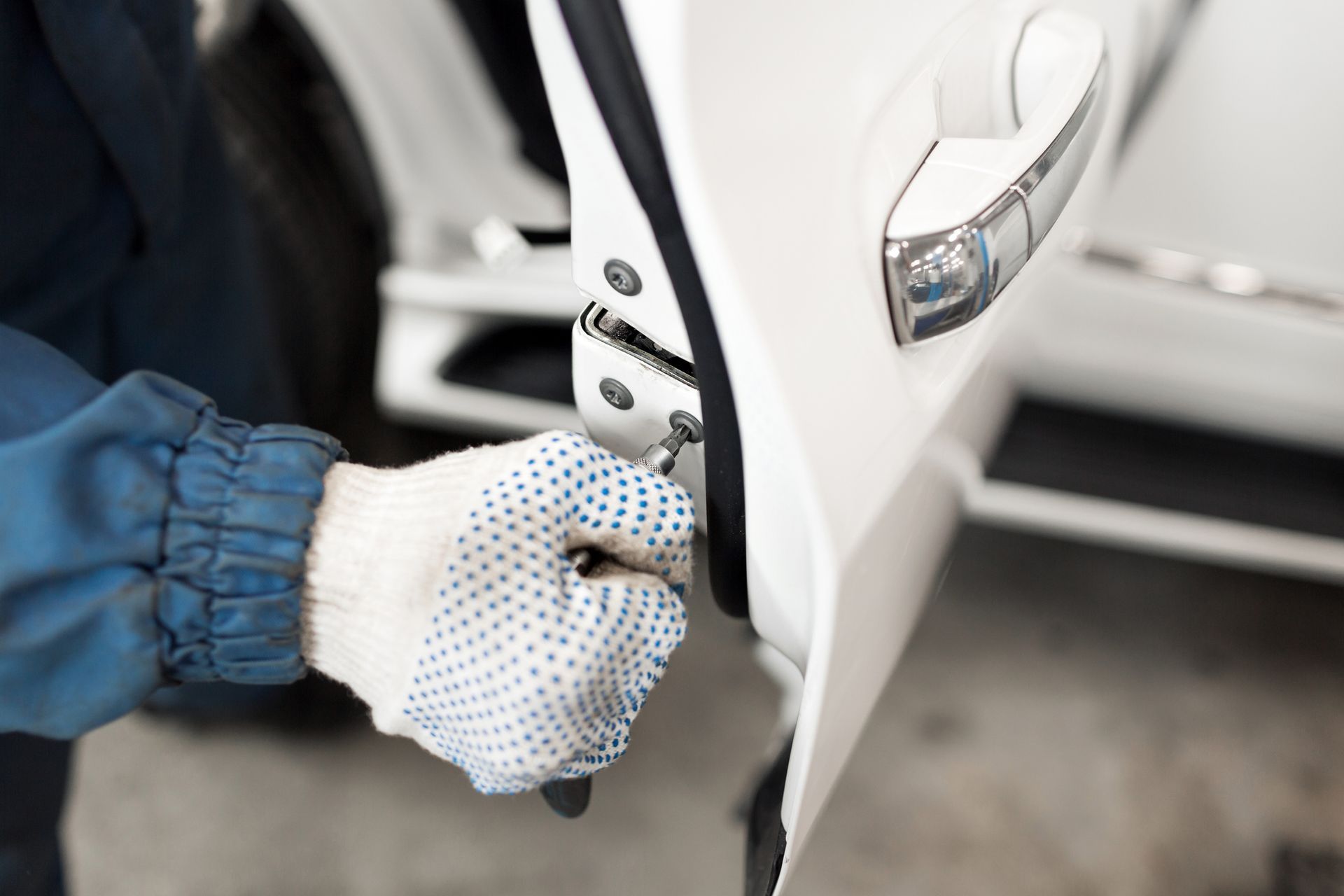
Smart Preventive Moves for Next Time
Preventing future issues is about preparation and simple habits that respect your vehicle’s design.
- Create redundancy: Store a spare mechanical key in a secure magnetic box under the car, or leave a spare with a trusted neighbor. Redundancy is your insurance against stubborn locking systems or a dead fob at the worst time.
- Set digital reminders: Program a recurring reminder on your phone: “Keys in hand?” It sounds trivial, but repeating this cue reduces the chance you’ll shut doors while your keys sit on the seat—especially when dealing with modern locks that silently engage.
- Maintain your fob and cylinder: Replace fob batteries twice a year. If your mechanical key feels rough, have a locksmith inspect the cylinder before wear leads to binding. Light maintenance keeps locking mechanisms smooth and responsive.
- Know your emergency access points: Read the owner’s manual sections on entry, alarm resets, and immobilizer behavior. Understanding how these systems talk to your locks helps you move quickly under pressure.
Local Scenarios and Real-World Judgment
American Fork, UT, parking lots, trailheads, and office garages create unique conditions. If you’re near a trail in winter, prioritize warmth and visibility before troubleshooting locking systems. In office garages, watch for tight spaces that make door manipulation risky. And if you’re leaving a grocery store with melting ice cream and kids in tow, confirm a safe waiting spot first—then utilize your app, mechanical key, or call for help. Judgment keeps you secure while you work the problem, and protecting locks is part of that smart approach.
Whether your car relies on a traditional key, a transponder, or a proximity system, treat entry as precision work. The goal is not just to open the door—it’s to ensure your alarm, electronics, and locking systems still function flawlessly after the fact. If you plan around busy times, cold weather, and common distractions, you’ll reduce the odds of another car lockout and keep your routine running smoothly.
Contact Us Now for Car Lockout Help!
When a lockout happens, quick thinking and the right strategy make all the difference. From checking every door to trying your hidden mechanical key, from warming your fob to calling for help when transponders or frozen mechanisms get involved, you’re now equipped to respond calmly and effectively. Bilco Safe & Lock, Inc. is ready with practical, local guidance and trusted assistance. If you need expert support right now or want proactive advice for locks for American Fork, UT, call
(801) 225-7174 today—let’s get you back behind the wheel with confidence, speed, and zero damage.
